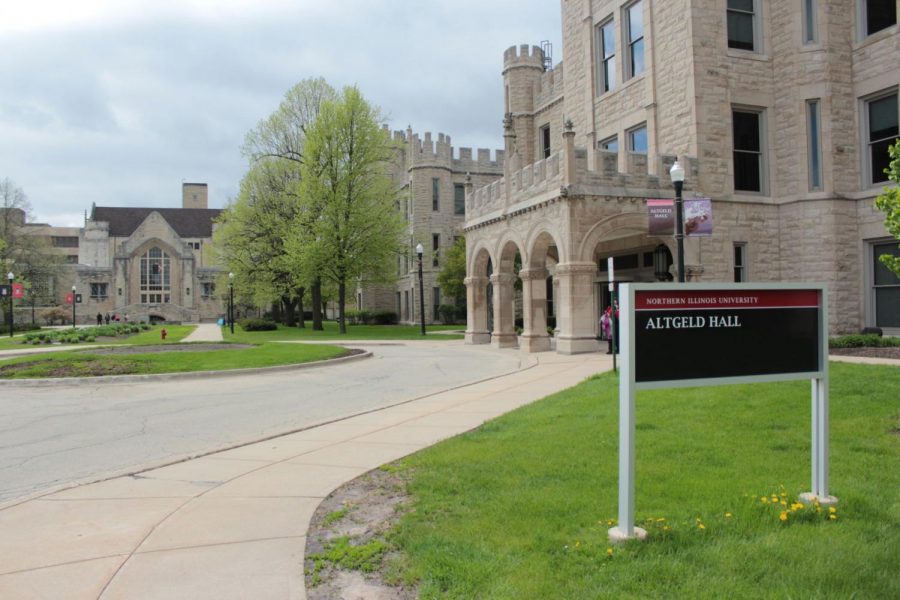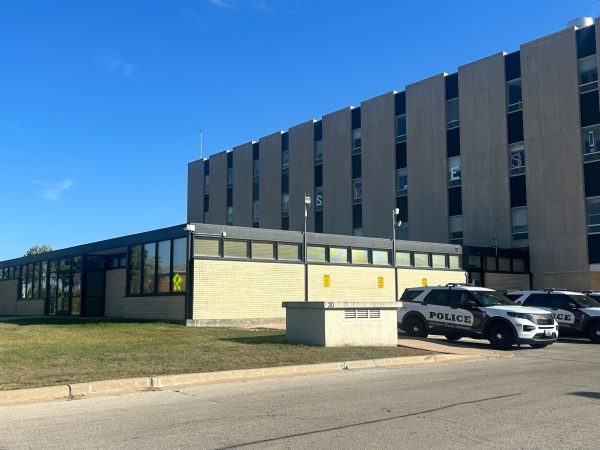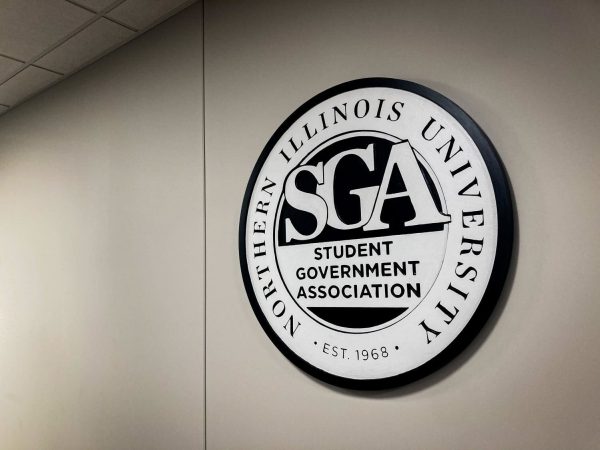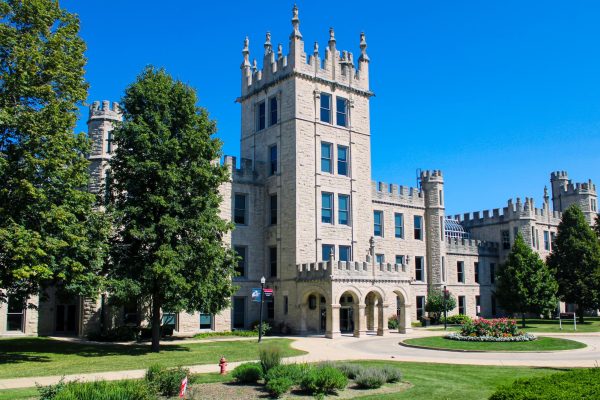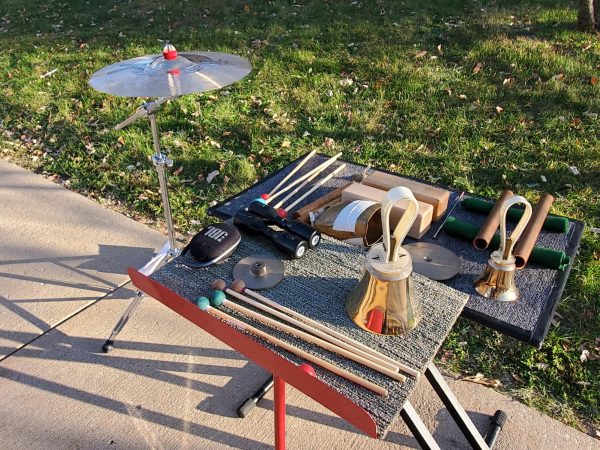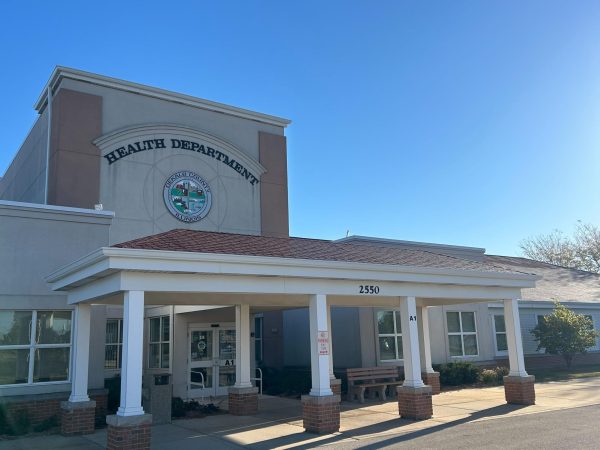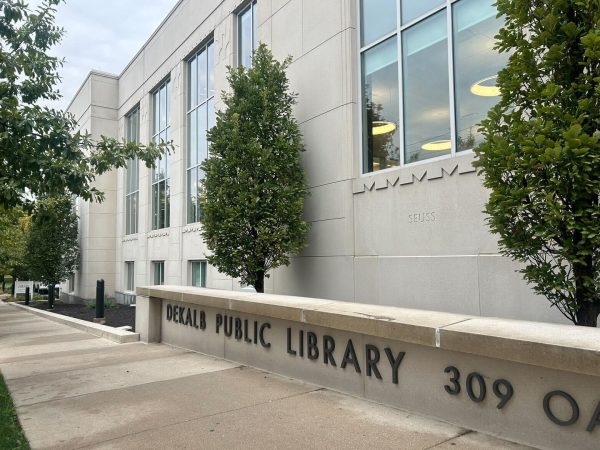Board of Trustees, UPI reach bargaining agreement
Northern Star File Photo
The Dark Art and Oddities Con will be from 11 a.m. to 8 p.m. on Saturday at the Altgeld Hall Auditorium.
DeKALB — The NIU Board of Trustees reached a full collective bargaining agreement with the University Professionals of Illinois Local 4100 (UPI) on Thursday.
This negotiation came to its conclusion after several months of picketing and protests organized by the University Professionals of Illinois, a union for non-tenured instructors who are rehired every semester. The instructors and supporters held their first protest in April after negotiations between the union and NIU failed to progress.
The UPI, which represents approximately 236 employees, criticized NIU for its low pay for their non-tenured instructors amid increasing inflation and economic troubles.
The finalized collective bargaining agreement, which was voted on during the Board of Trustees meeting on Sept. 15, was given a full agreement within the scope of negotiations by the board. The agreement grants an incremental increase in salary to bargaining unit members, starting at a 3% increase in 2022. Additionally, the agreement also addresses other benefits for the members of the union, such as cumulative and non-cumulative sick leave, vacation days and child care, among other items.
The agreement lasts for four years, retroactively affecting specific items such as extra pay when given excess duties, beginning July 1, 2021 through June 30, 2025.
Additionally, the Board of Trustees established the Board of Trustees Staff Excellence award, which will be given to two staff members beginning later this fall. It was created as a response to feedback arguing that previously established awards do not recognize enough of the staff at NIU. The award aims to create a more inclusive and appreciative environment by acknowledging and honoring the staff who make significant contributions to NIU’s successes.
Also approved, the nursing building, located on 1240 Normal Road, will be considered a surplus property due to the relocation of the School of Nursing to the new Health IT Center. This will allow it to be repurposed to fulfill other needs for the growing student population.


